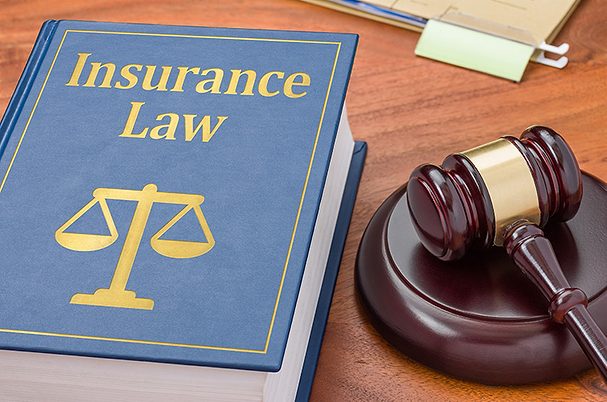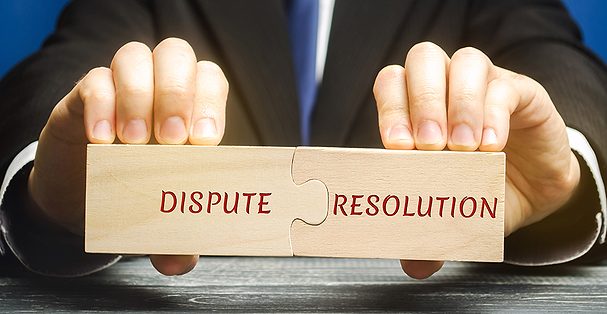Legal
Legal Perspective
Each of these dispute resolution avenues includes certain advantages and disadvantages of which you need to be aware.
Read More
Legal Pipeline
Don’t Be a Discovery Doofus
Take document drudgery seriously or be prepared to pay the price.
Read More
Legal Perspective
Are Noncompete Clauses No Longer Enforceable?
It all depends on who the parties are, the purpose or circumstances of the clause, and the outcome of pending legal challenges to the FTC’s final rule.
Read More
Legal Pipeline
Will Copyright Law Protect Design Professionals from AI Purveyors?
A pending federal copyright infringement lawsuit may be of particular significance for plumbing design professionals.
Read More
Legal Pipeline
Mutual Waiver of Subrogation in Prime Contract May Not Protect the Subcontractor
Ensure your construction attorney examines the contract and researches how courts in the project’s jurisdiction interpret subrogation waivers.
Read More
Legal Perspective
Focusing On the Law
The new CTA reporting requirements will likely not be overly burdensome for small businesses with simple ownership and operating structures.
Read More
Feature
Copyright Infringement Ruling
D.C. Circuit Court of Appeals holds non-commercial use of standards
incorporated by reference into law is fair use.
Read More
Legal Pipeline
To Arbitrate or Not
The answer lies squarely in the parties’ agreement; courts will often defer to the express dispute resolution provisions in the parties’ agreement.
Read More
Legal Pipeline
Proximate Cause Required to State a Claim for Professional Negligence
If the claimant fails to prove both types of causation, it will not succeed in recovering any damages allegedly sustained.
Read More
Legal Pipeline
‘No Magical Language’ Required to Waive Rights in Arbitration Agreement
Parties may find they are best served having a succinct, yet cogent arbitration clause that does not try to address every detail about the process.
Read More














